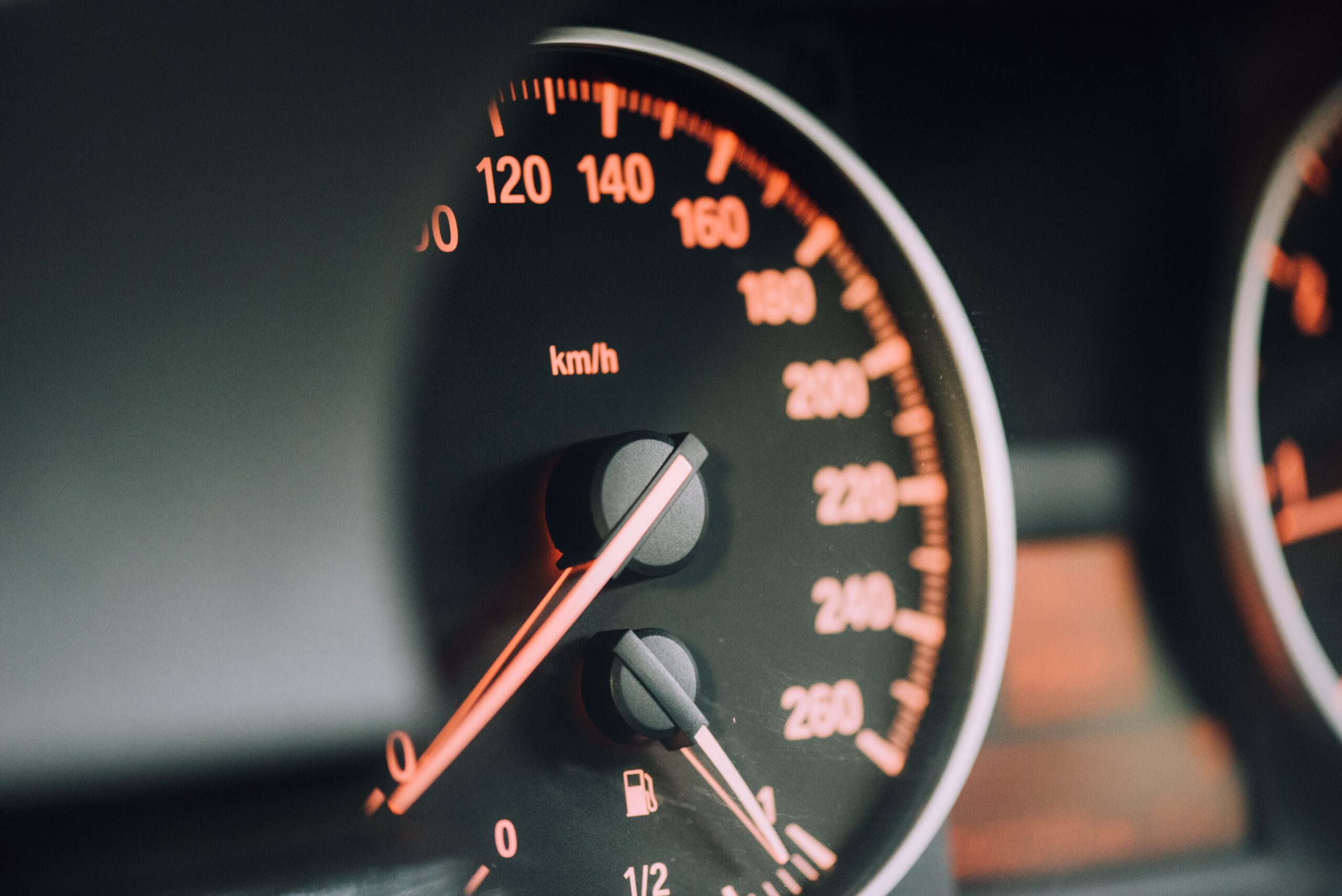The automotive sector is experiencing increasingly frequent and innovative changes. In this regard, the use of plastic injection for manufacturing parts is very common as it can adapt to the sector’s needs. This is where the importance of plastics in automotive lies.
However, this is not the only advantage that this material offers for this industry segment; it also provides other benefits that we will detail below.
Advantages of plastic in the automotive sector
Nowadays, the automotive industry is searching for materials that allow for the manufacturing of increasingly lightweight cars. The continuous development of plastic processing technologies has contributed to the growing use of this material in the construction of modern vehicles.
This is due to the fact that the size of vehicles has increased in recent years, leading to a higher number of components. That is why plastic is ideal for manufacturing car parts since its density is much lower than that of steel.
Currently, it is estimated that a typical vehicle contains between 40 and 100 kg of plastic (approximately 10% of its weight). This helps reduce fuel consumption and increases the range, which is particularly beneficial for electric cars.
Additionally, plastic exhibits excellent mechanical strength and durability as it does not rust. Another reason why plastic parts are highly significant in the automotive sector is the constant and advanced development of plastic processing technology.
For example, one of the most popular polymers is polyethylene foam, which absorbs impacts effectively and serves as a thermal insulator for cables and electronic components. Moreover, it incorporates specific additives that enable it to withstand temperatures of up to 140 °C.
Furthermore, while plastic was initially used only in the interior of cars, nowadays it is also employed in the manufacturing of external components that are typically made of sheet metal and steel, such as doors, hoods, and bumpers. At Walter Pack, we specialize in the former.
How does the injection molding process for automotive parts work?
The injection molding process begins with the digital development of the part using a CAD program. This design is used to create the mold that will be injected with the molten material.
Next, the plastic is injected under high pressure until it cools and solidifies. Finally, specialized machinery is used to remove and collect the parts, which may undergo post-production processes for final finishes if necessary. Due to its relative simplicity and efficiency, the automotive sector has embraced injection molding as one of the most effective manufacturing methods for automotive parts.
Benefits of automotive injection molding
Plastic injection in the automotive industry is one of the most commonly used methods for manufacturing components due to its precision. This technique allows for high production levels while minimizing costs.
Moreover, it is highly versatile as it can utilize various types of plastics such as PS (polystyrene), PP (polypropylene), ABS (acrylonitrile butadiene styrene), PC (polycarbonate), PPS GF (glass fiber-reinforced polypropylene), etc. The latter provides excellent mechanical and thermal resistance, making it extremely useful for manufacturing high-quality parts.
The precision and adaptability of this material to any size and shape are highly valued by automobile manufacturers. As a result, the produced parts have excellent finishes and require minimal post-production processes.
This process is highly cost-effective for the automotive industry, as the production rates are faster compared to other methods. Additionally, automated processes are swift and efficient, reducing the manufacturing time for parts.
In conclusion, plastic has become a key element in the development of the automotive sector due to its malleability, ease of production, and lightweight nature. It is synonymous with style, sophistication, efficiency, and above all, safety.
At IDELT, we are dedicated to meeting all your injection needs. Regardless of the size or quantity of the parts, our state-of-the-art technologies and production capabilities can adapt to the requirements of our clients.

